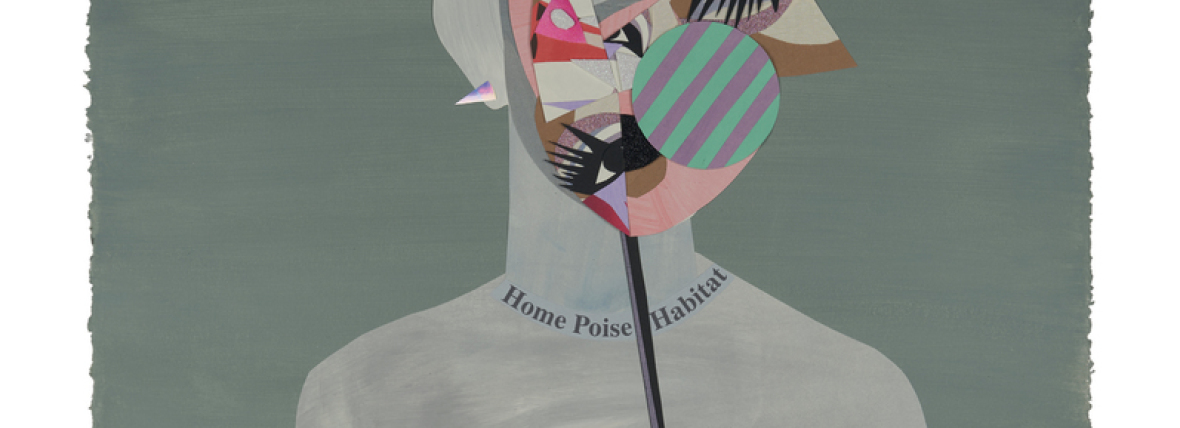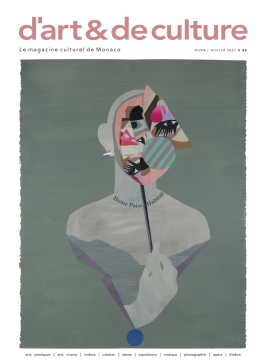
Edito
Dans ce nouveau numéro de d’art & de culture, la programmation artistique et
culturelle est portée par la lutte contre l’invisibilité sous de multiples formes et différents angles d’approche. D’abord à l’occasion d’une exposition organisée par le Nouveau Musée National de
Monaco qui met en lumière des artistes restés dans l’ombre de l’histoire de l’art nationaliste et
européo-centrée, puis au théâtre, par la voix de Claudette Colvin, héroïne méconnue à laquelle Tania de Montaigne redonne une place de premier rang dans l’abolition de la ségrégation raciale aux
Etats-Unis ; à l’opéra encore, le ténor Jean-François Borras incarne pour sa part avec cœur et sincérité Werther, un homme qui souffre. Et c’est la recherche sur les politiques de représentation de
genres et de minorités comme de toutes autres formes de catégorisation qui anime tant les chorégraphes invités du Monaco Dance Forum que l’art pictural de Jennifer Packer
ou les photographies d’ORLAN. En cherchant à s’émanciper de douleurs et de carcans séculaires, modernes ou contemporains, la “ visibilisation” ne serait- elle pas finalement le meilleur remède pour
redonner à l’hiver de la culture les couleurs de l’espoir ?
In this new issue of d’art & de culture, artistic and cultural programming is driven by the fight against invisibility through a variety of forms and
approaches. First, in an exhibition organised by the Nouveau Musée National de Monaco
that turns the spotlight on artists who have remained in the shadow of nationalist, Eurocentric art history; then in the theatre, through the voice of Claudette Colvin, an unsung hero in the
battle to abolish racial segregation in the United States,
whom Tania de Montaigne restoresto a prominent position; and at the opera, where tenor Jean-François Borras embodies, with heartfelt sincerity, the suffering Werther. For their part, the guest
choreographers of Monaco Dance Forum, the pictorial art of Jennifer Packer, and the photographs of ORLAN are all motivated by an enquiry into the politics of representation of gender, minorities and
all other forms of categorisation.
By seeking to be unshackled and freed from patterns of suffering, whether ancient, modern or contemporary, perhaps “increasing one’s visibility” is ultimately the best remedy, offering a ray of hope
in this cultural winter.

